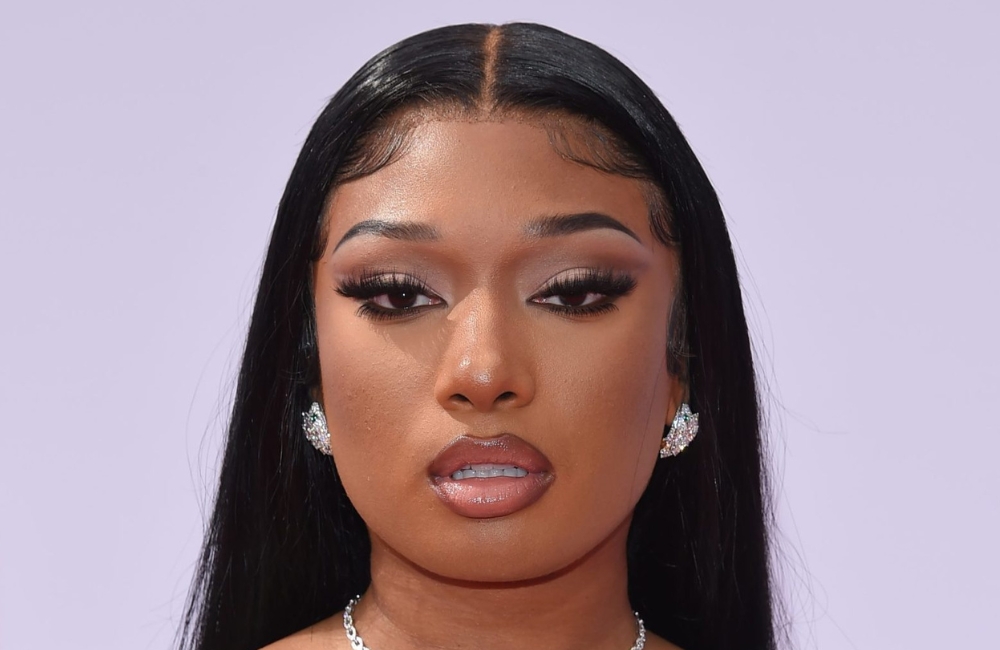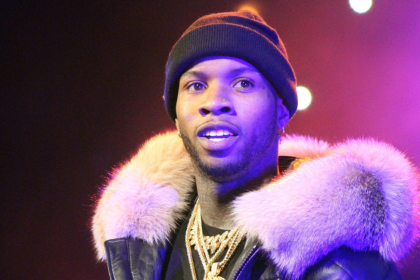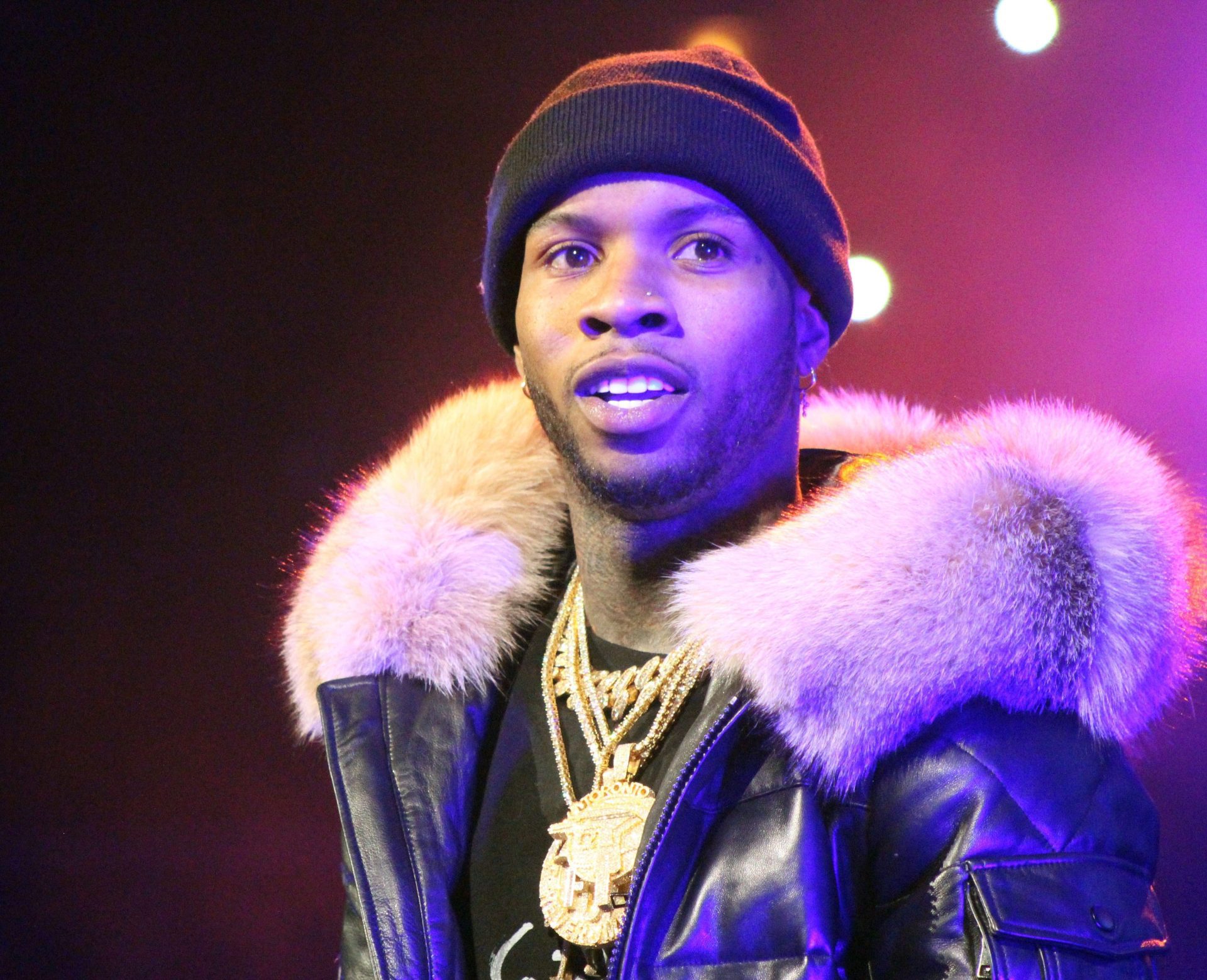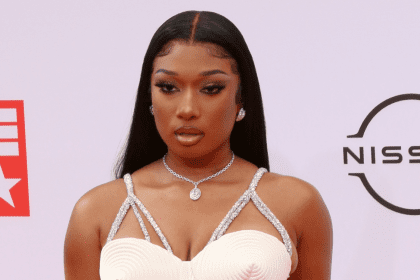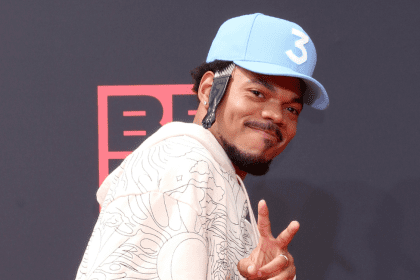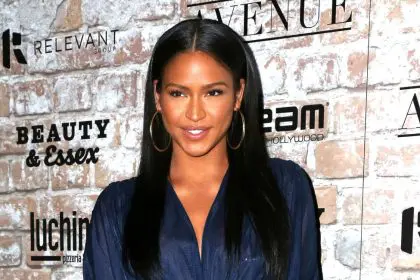Producer LilJuMadeDaBeat criticized Spotify’s artist payment structure, urging fans to use alternative streaming platforms despite Megan Thee Stallion‘s success on the service. “I hate that y’all actually use Spotify instead of literally ANY other streaming service. They pay us the least,” he stated. The criticism joins growing industry concerns about streaming compensation, with artists like Noname previously challenging Spotify’s practices. Drake reportedly plans legal action against the platform over alleged manipulation of streaming numbers favoring other artists like Kendrick Lamar.
Megan faces additional controversy over claims of purchasing 30 million streams for her self-titled album, resulting in removed streams and chart repositioning. Supporters argue the alleged bot activity occurred without her knowledge or involvement. The situation highlights vulnerabilities in streaming platforms’ verification systems and the challenges artists face in maintaining credibility amid accusations of artificial inflation.
Legal issues compound these challenges, as rapper Plies accuses Megan and LilJuMadeDaBeat of unauthorized sampling on “Wanna Be.” The producer responded that their track sampled a different song predating Plies’ “Me & My Goons” by two years. The dispute illustrates the complex nature of music ownership and proper crediting in the digital age.
Industry analysts note these incidents highlight broader concerns about streaming platform transparency and artist compensation. Music executives suggest the controversy could influence ongoing discussions about reforming digital payment models. The debate extends beyond individual artist complaints to question the sustainability of current streaming economics for creators at all levels.
Advocacy groups emphasize how payment disparities particularly impact independent artists and producers. Industry veterans suggest the public criticism from established artists like Megan could accelerate calls for reform. Music industry organizations report growing support for alternative streaming platforms that offer more equitable payment structures.
Media coverage focuses on the broader implications for artist rights in the streaming era. Financial analysts note potential impacts on Spotify’s relationship with major labels and artists. The controversy has sparked renewed interest in streaming platform economics, with some experts predicting significant changes to payment models within the next few years.
Consumer advocacy groups join the discussion, highlighting how streaming platform practices affect music diversity and artist sustainability. Technology analysts examine potential blockchain and cryptocurrency solutions for more transparent music royalty payments. The situation continues evolving as more artists speak out about streaming compensation concerns.
This complex issue intersects with broader debates about digital platform accountability and fair compensation in the creative industries. As streaming dominates music consumption, the pressure for systemic change grows. Artists like Megan and their collaborators increasingly leverage their platforms to advocate for industry reform.

